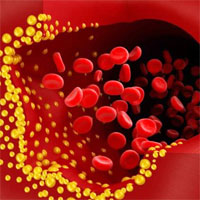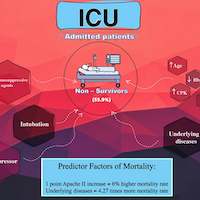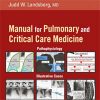Expanding the Differential for Hypotension in the Pediatric Patient
brownemblog.com
As many ED practitioners are aware, food allergies are common in the first 2 years of life, with a prevalence cited between 1-10% of the population. Most food allergies are IgE-mediated hypersensitivity reactions. Food protein-induced enterocolitis (FPIES) is a syndrome characterized by a severe non-IgE mediated food hypersensitivity reaction. FPIES is important to keep on the differential as the syndrome often goes unrecognized or is misdiagnosed at the initial (or subsequent) presentation. FPIES is characterized by profound and repetitive vomiting, and occasionally diarrhea, 1-4 hours after exposure to the causal protein. In the acute setting, this can manifest as dehydration and lethargy. More than 15% of FPIES patients will require admission for hemodynamic instability secondary to dehydration. In the chronic setting, pediatric patients can present as failure to thrive and/or unexplained weight loss. The most common food triggers in FPIES are cow milk and soy. FPIES may be induced by solid food, including grains, meat and poultry, eggs, vegetables and fruit, seafood, and legumes.
















